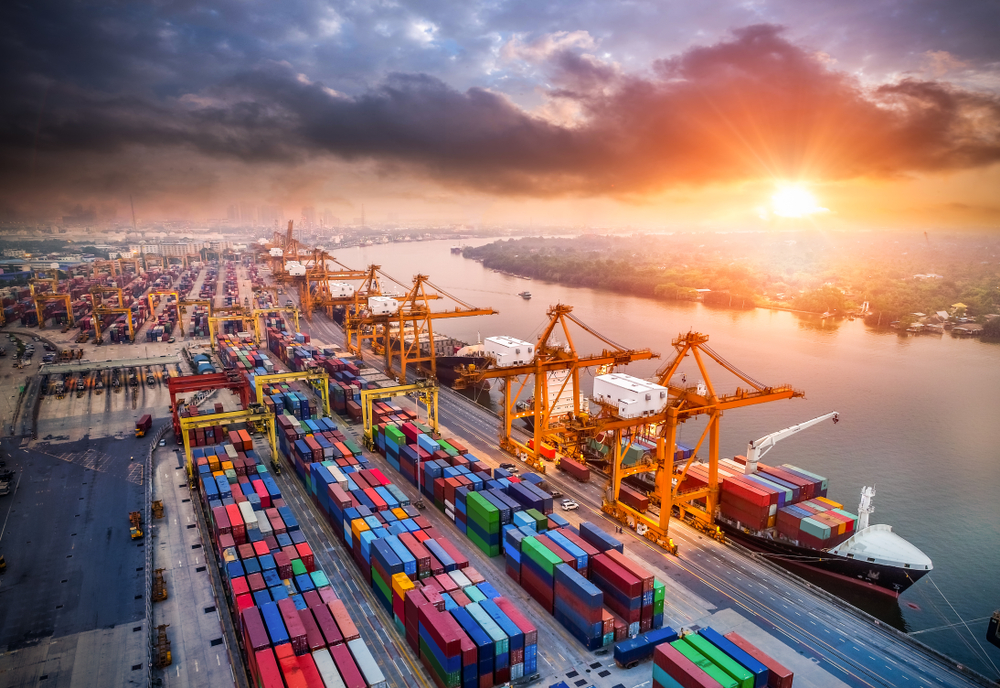Continuing conflicts between the Pacific Maritime Association (PMA) and the International Longshore and Warehouse Union (ILWU) are causing dramatic changes to West Coast ports. Since early June, West Coast ports have experienced worker slowdowns and stoppages, resulting in an estimated $5.2 billion worth of trade stagnation in southern California alone.
The Port of Seattle has been significantly impacted by the conflict. According to the PMA, the Port of Seattle’s closure can be attributed to the ILWU refusing to dispatch longshore workers. However, the ILWU denies this claim, bringing attention to the fact that thousands of dockworkers are continuing their duties on West Coast ports despite the expiration of their collective bargaining agreement.
A laborers’ collective bargaining agreement covers their wages, hours, and terms and conditions of employment. Jobs on the shore are dangerous. Without these standards set, workers may be subjected to exploitation or even physical harm. For example, the Longshore and Harbor Workers’ Compensation Act (LHWCA) protects maritime workers’ rights after being injured on the job, but without a collective bargaining agreement, many employers can try to unfairly deny their workers benefits or compensation for an injury.
Workers on the Seattle Port are seeking compensation for the hours worked since the expiration of their contracts. As laborers working hard under hazardous conditions, they are eligible for fair compensation.
Read more about the ongoing conflicts here: https://www.fleetmon.com/maritime-news/2023/42161/port-seattle-paralyzed-pma-and-ilwu-clash-labor-di/












